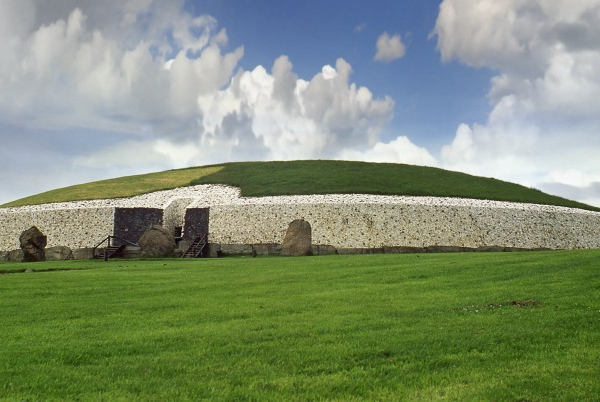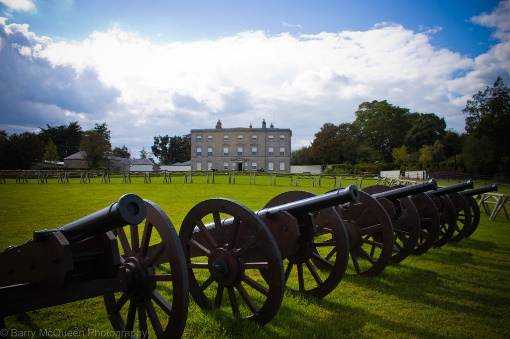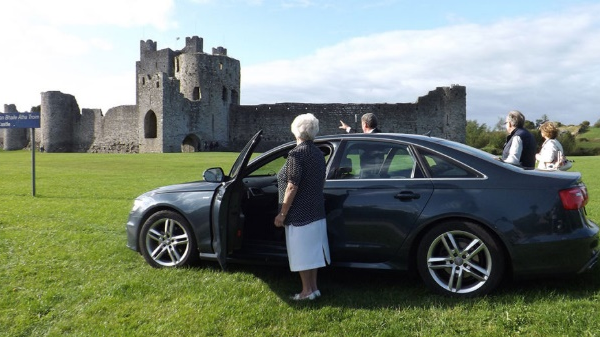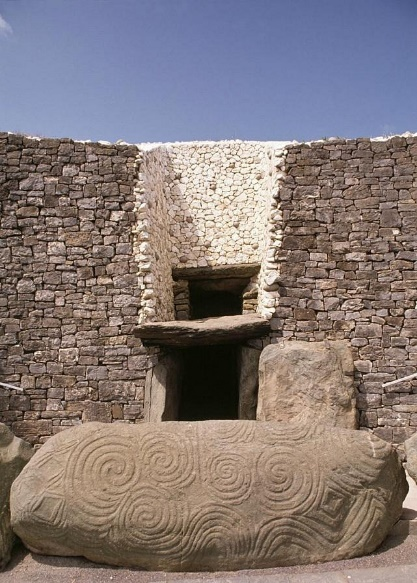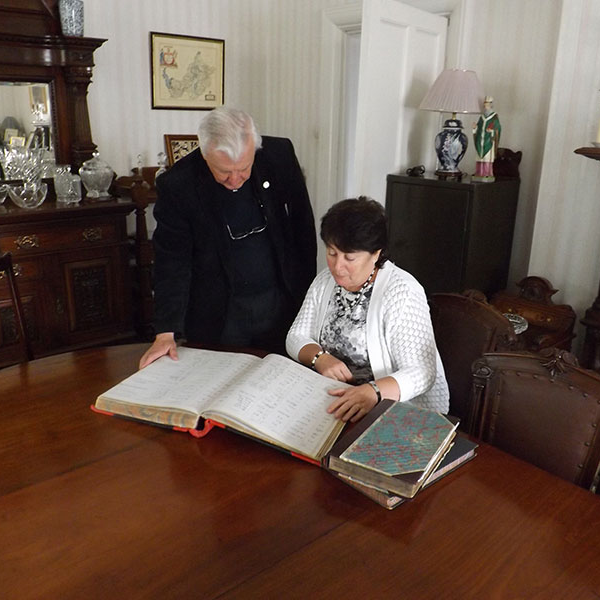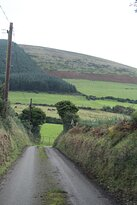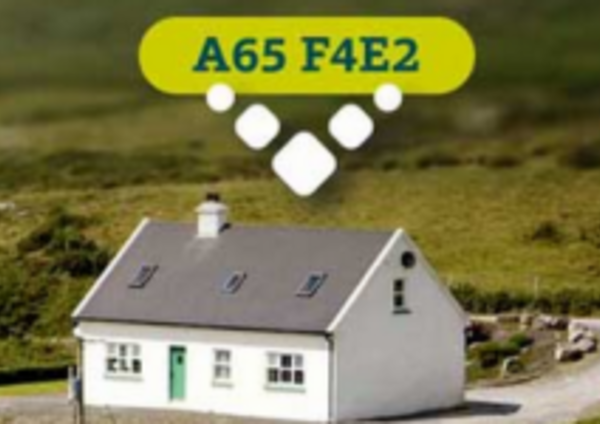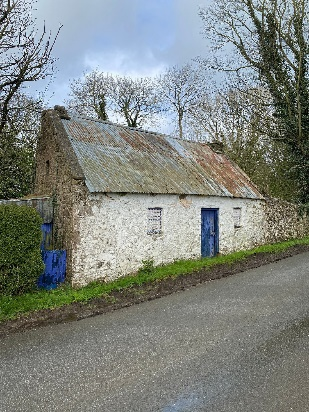Starting on 28th June 1922 and ending on 24th May 1923, the Irish Civil War is arguably one of the most pivotal events that happened in the country’s history. It resulted in major geographical and political changes in Ireland that continue to exist even today.
Hundreds of thousands of people left Ireland during these turbulent times and settled in other countries such as Australia, Canada, and the US. The war went on for 11 months and took approximately 1,600 lives during this time.
Keep reading to learn about some astonishing and lesser known facts about the Irish Civil War.
1. The Four Courts Seizure Started the War
The Irish civil war unofficially began as soon as one faction of the Irish Republican Army (IRA) rejected the Anglo-Irish treaty. However, the rebellion was fairly small and did not cause much destruction until the anti-treaty faction of the IRA seized the Four Courts in Dublin and many other public offices across the country. This was when the Irish Civil War officially began.
2. A Millennium of Archives Were Destroyed
In addition to the lives lost in the civil war, one of the biggest and most irreparable damage of the civil war was when the rebels seized the Four Courts and put the Public Record Office (PRO) on fire. The fire destroyed documents that were collected over a thousand years. To this day, there’s little to no data available for years preceding 1836.

3. Rebellions Continued in Prison Even After the War Ended
Even after the war ended and the anti-treaty IRA leaders and fighters were put in prison, they continued to rebel there. Most prominently, Éamon de Valera rallied fellow prisoners and went on a hunger strike against the Free State. However, these rebellions didn’t achieve much and these people were also released from prison within a year.
Unfortunately, the country remained unstable not just during this time but also in the years before and the years that followed. Its population continued to decline as people emigrated in search of better lives.
If your ancestors fled Ireland during this time, we can help you trace your Irish roots. At My Ireland Family Heritage we provide quality ancestry research that can help you learn more about your descent and heritage.
We also have Failte-approved tour guides who will take you on a proper Irish genealogy tour to all the historic sites relevant to you. Additionally, we can locate your original Irish homestead and townland so you can connect with your Irish heritage even better.
Contact us now to learn about our services.







